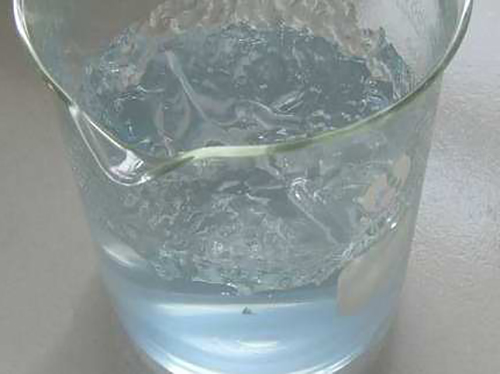Understanding Polyaluminum Chloride in Water Treatment Applications and Benefits
Polyaluminum Chloride in Water Treatment An Overview
Water treatment is a crucial aspect of ensuring safe and clean drinking water for communities worldwide. One of the key chemical agents used in this process is polyaluminum chloride (PAC), an effective coagulant that plays a significant role in purifying water. PAC is a polymeric aluminum compound that displays excellent solubility and flocculation properties, making it an ideal choice for various water treatment applications.
Polyaluminum chloride is synthesized by reacting aluminum hydroxide or aluminum oxide with hydrochloric acid, resulting in a product that contains multiple aluminum species. This proprietary formulation offers a balanced approach to coagulation and flocculation, allowing for the removal of suspended solids, turbidity, and colloidal particles from water. Unlike traditional coagulants like alum, PAC operates effectively across a wider pH range and requires lower dosages, which can lead to economic advantages and reduced sludge production.
One of the primary benefits of using polyaluminum chloride in water treatment is its superior performance in coagulation. The presence of active aluminum species allows PAC to destabilize colloidal particles in water, leading to better aggregation and the formation of larger flocs. These flocs can then be more easily removed from the water through sedimentation or filtration. Consequently, PAC not only enhances the clarity of water but also promotes the removal of microorganisms and organic materials, thus improving the overall quality of the treated water.
Furthermore, the use of PAC has been shown to significantly reduce the formation of disinfection by-products (DBPs) during the chlorination process of treated water. DBPs, such as trihalomethanes, are harmful chemicals that can arise when chlorine reacts with organic matter in water. By employing PAC in the pretreatment phase, the concentration of organic pollutants is minimized, consequently decreasing the risk of DBP formation and ensuring compliance with stringent regulatory standards for drinking water quality.
polyaluminum chloride water treatment

Another advantage of polyaluminum chloride is its environmental friendliness. The reduced sludge production associated with PAC usage not only leads to lower disposal costs but also minimizes the environmental impact of treatment operations. Lower sludge volumes contribute to a more sustainable water treatment process, which is increasingly important in today’s environmentally conscious landscape.
Moreover, PAC is versatile and can be used in various water treatment applications beyond drinking water production. It is effective in treating wastewater from industrial processes, stormwater runoff, and agricultural operations. The ability of PAC to function effectively in diverse conditions makes it an invaluable tool for both municipal and industrial water treatment facilities.
In recent years, advancements in research and technology have further enhanced the application of polyaluminum chloride. Studies focused on optimizing treatment conditions and understanding the interactions between PAC and different water contaminants have paved the way for more efficient and effective treatment protocols. This ongoing research underscores the importance of polyaluminum chloride as a cornerstone of modern water treatment practices.
In conclusion, polyaluminum chloride is a highly effective coagulant that offers several advantages over traditional water treatment chemicals. Its superior coagulation properties, ability to reduce disinfection by-products, environmental benefits, and versatility make it a critical component in the pursuit of safe and clean water. As the demand for efficient water treatment increases globally, PAC will undoubtedly play a pivotal role in shaping the future of water purification technologies.
-
Water Treatment with Flocculant Water TreatmentNewsJun.12,2025
-
Polymaleic AnhydrideNewsJun.12,2025
-
Polyaspartic AcidNewsJun.12,2025
-
Enhance Industrial Processes with IsothiazolinonesNewsJun.12,2025
-
Enhance Industrial Processes with PBTCA SolutionsNewsJun.12,2025
-
Dodecyldimethylbenzylammonium Chloride SolutionsNewsJun.12,2025





